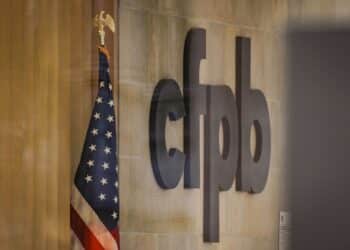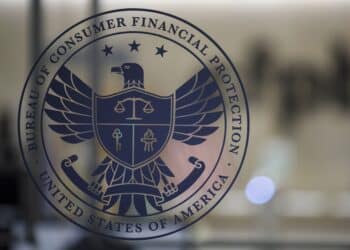CFPB Warns on Collections Practices
The Consumer Financial Protection Bureau (CFPB) may be on a roll.
As in a snowball rolling downhill, growing larger by the minute and threatening to crush anything that gets in its way.
(Not that they would put it that way.)
The intentions behind their actions are good – to prevent financial injury to customers. And, I’m sure the Bureau is certain their actions are an appropriate exercise of their authority under the Dodd-Frank Act. But, forgive me if I disagree.
Their most recent bulletins, issued July 10, concern the “Prohibition of Unfair, Deceptive, or Abusive Acts or Practices in the Collection of Consumer Debts“, more commonly referred to as UDAAPs, and “Representations Regarding Effect of Debt Payments on Credit Reports and Scores“. These bulletins warn both collection agencies and original creditors to avoid certain behaviors in their attempts to collect debts owed to them or their clients.
Most of the tactics the bureau warns against are well understood by the credit and collection industry to be both ineffective and legally risky. For example, very few auto lenders are going to repossess a vehicle without the legal right to do so. And no responsible creditor or agency is going to misrepresent that communications they send are instead coming from the government.
In announcing the new policies at a field hearing on debt collection in Maine, CFPB director Richard Cordray said:
“These bulletins make clear that it doesn’t matter who is collecting the debt — unfair, deceptive or abusive practices are illegal. Consumers need options to help them secure fair and respectful treatment from those debt collectors that fail to abide by the law. They can protect themselves by using our action letters to communicate with debt collectors and by submitting a complaint to us if they believe they are harmed by illegal conduct.”
I agree in premise with the above statement – these bad practices are illegal and consumers should be able to take action. However, some legitimate collections practices are also being called into question, providing a way for debtors looking to avoid paying a legitimate obligation to exploit by making a complaint to the CFPB.
One such practice is communicating with the debtor at their place of employment. As long as the debtor has not requested the collector to refrain from such contacts, there is nothing wrong with this. When doing so, the CFPB warns that the collector must not reveal the consumer’s debt to the employer or coworkers. This prohibition against third party disclosure is already an element of the Fair Debt Collection Practices Act (FDCPA), and collection agencies are careful to avoid violations. But now the CFPB is declaring creditors, who are not subject to the restrictions of the FDCPA, must also abide or risk a UDAAP investigation.
On the surface, this is not a big deal – creditors are also not in the habit of telling employers and coworkers about their customer’s debts. The trouble is the CFPB has also aggressively publicized their debt collections complaint process, and is expecting creditors and agencies to respond to every complaint within 15 days. If a debtor complains that a coworker or employer was informed of their debt, the burden of “proving a negative” to the CFPB falls on the collector. Given enough of these, the collectors will likely have to stop calling debtors at the place of employment.
Some in the industry might say “Bravo!”
I say “Be careful – the snowball is heading for you.” Systematically eliminating ways for collectors to contact debtors will increase bad debt, lower recoveries, raise the cost and reduce the availability of credit. This hurts not only the creditors but also the consumers. All in the name of preventing financial injury to consumers.
Better put on your snowshoes.











